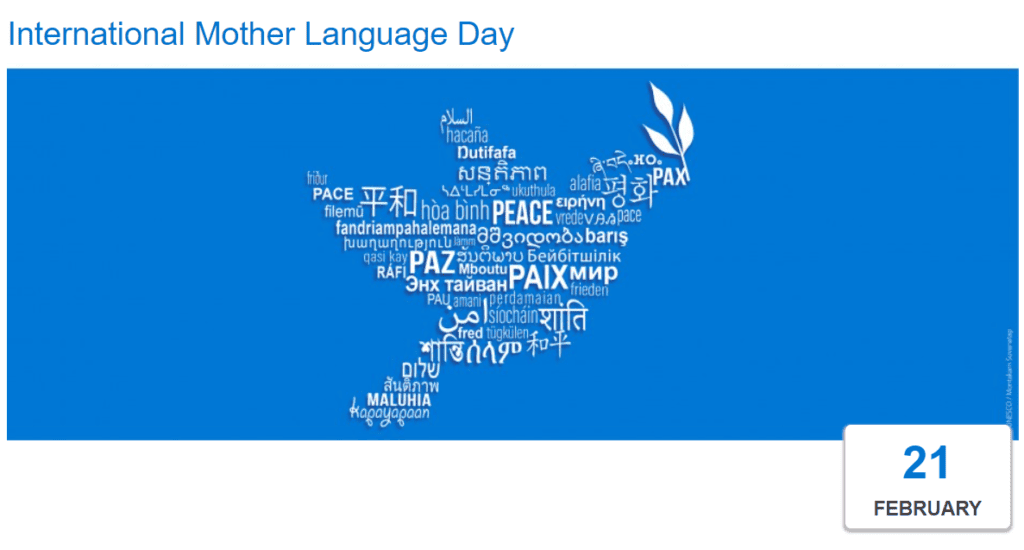
Cryptocurrency and Civil Society
In the early stages of society, money was nonexistent. Instead, there was the barter system which involved trading one item for another. However, this system had problems, one of which being that there was no common measure of value. For example, one apple may not be equivalent to one watermelon nor three cherries equivalent to five mangoes. After the flaws of the barter system came to light, the earliest forms of currency were invented. These were silver and gold bars and coins. However, these silver and gold bars were not very portable and thus, over time, this system was replaced by modern currency which includes paper bills and credit cards. Now, society is at the stage where a digital form of payment – cryptocurrencies is being considered.
Should Civil Society Organizations (CSOs) utilize cryptocurrencies? To find out, let us first take a look at what cryptocurrency is.
Cryptocurrency is a form of digital currency meant to be used as a medium of exchange. Today, there are over 5000 cryptocurrencies, with new ones being added regularly. The first and most popular cryptocurrency, however, is bitcoin. Bitcoin was created in 2009 by a group or individual known as Satoshi Nakamoto. Nakamoto proposed the use of a digital currency that had the following features:
- It was decentralized, meaning no one entity regulated it.
- It was transparent, meaning that everyone can view the transactions that took place.
Bitcoin, like all cryptocurrencies, runs on a technology called blockchain. Blockchain is essentially a distributed, immutable ledger that records all transactions that occur in the network. Blockchain stores data in blocks which are chained together. Each block contains details for one or many transactions, the hash of that block, which is like a unique digital fingerprint and the hash of the previous block in the sequence. Each person involved in the blockchain has a copy of the ledger stored on their computer. Therefore, if someone wanted to create a fraudulent transaction, they would have to seize control of at least 51% of all the computers involved in the blockchain for the transaction to be accepted, which is computationally expensive. Additionally, if one block’s hash changes, then it invalidates all the other blocks that come after it in the sequence. Therefore, Blockchain ensures that the data in the ledger can be trusted.
Cryptocurrencies do not have a central authority overseeing payments. This means that transactions can be made directly between users without the need for a bank or lawyer overseeing payments, which saves costs. For CSOs that have difficulties accessing banks and their services, cryptocurrencies offer a viable alternative to traditional banking. Moreover, with cryptocurrencies, there is 24/7 access to funds, no limits on withdrawals and no single point of failure, meaning if one computer in the cryptocurrency network fails, then the network is still functional. With banks, if the banks servers crash, then no one can access their funds until the servers are fixed. To store a user’s funds, digital wallets are used. Therefore, CSOs can set up digital wallets to accept donations in cryptocurrencies, thereby allowing them to access even more funding. Several countries within the Caribbean have been early adopters of cryptocurrency, like the Bahamian ‘SandDollar’ and ‘D Cash’ issued by the East Caribbean Currency Union.
However, the price of cryptocurrencies fluctuates regularly. This means that they do not satisfy the conditions required for them to be considered money as they are not a measure of value nor a unit of account. Cryptocurrencies are also not widely accepted as a form of payment; they are only accepted in a few places. For example, the only restaurant that advertised that they accept payments in Bitcoin in Trinidad is Trotters. Furthermore, the Central bank of Trinidad and Tobago has no plans to adopt cryptocurrencies. This limits their use outside of the digital domain. Additionally, adding new blocks to the chain requires enormous computational power, which means that large amounts of electricity are needed. This can further exacerbate climate change. Finally, since cryptocurrencies do not require confidential user information, there have been some concerns that they can be used by criminals for nefarious purposes.
So, like any other innovative technology, there are pros and cons to the adoption of cryptocurrencies and this is true for their use by CSOs as well. Cryptocurrency is sure to be a trend that CSOs ought to follow closely as the field matures and develops.
Kimberley Gillette is the Data Science Assistant at The Cropper Foundation.






